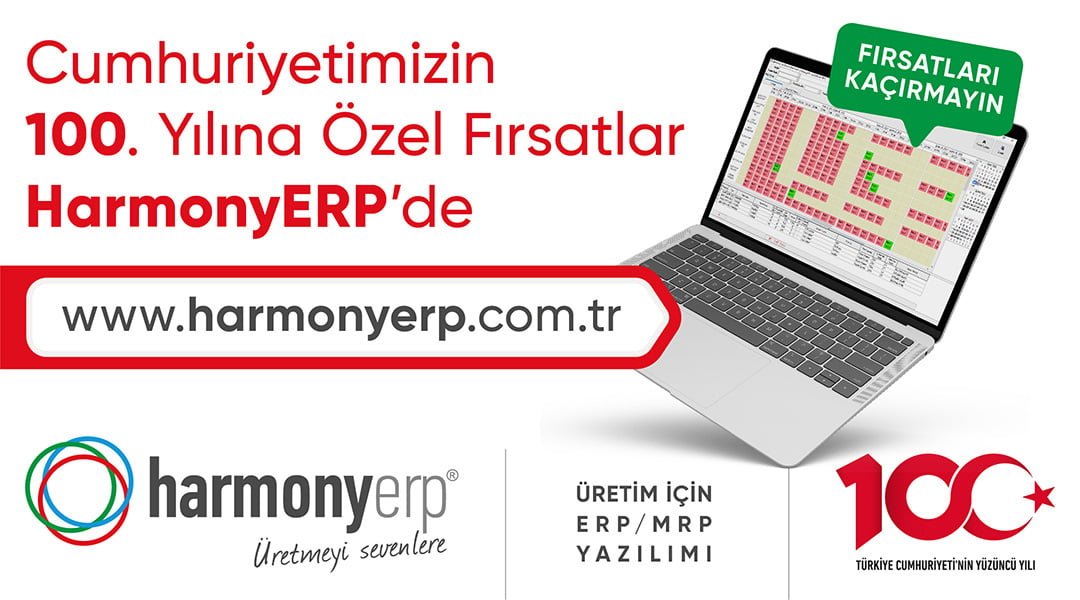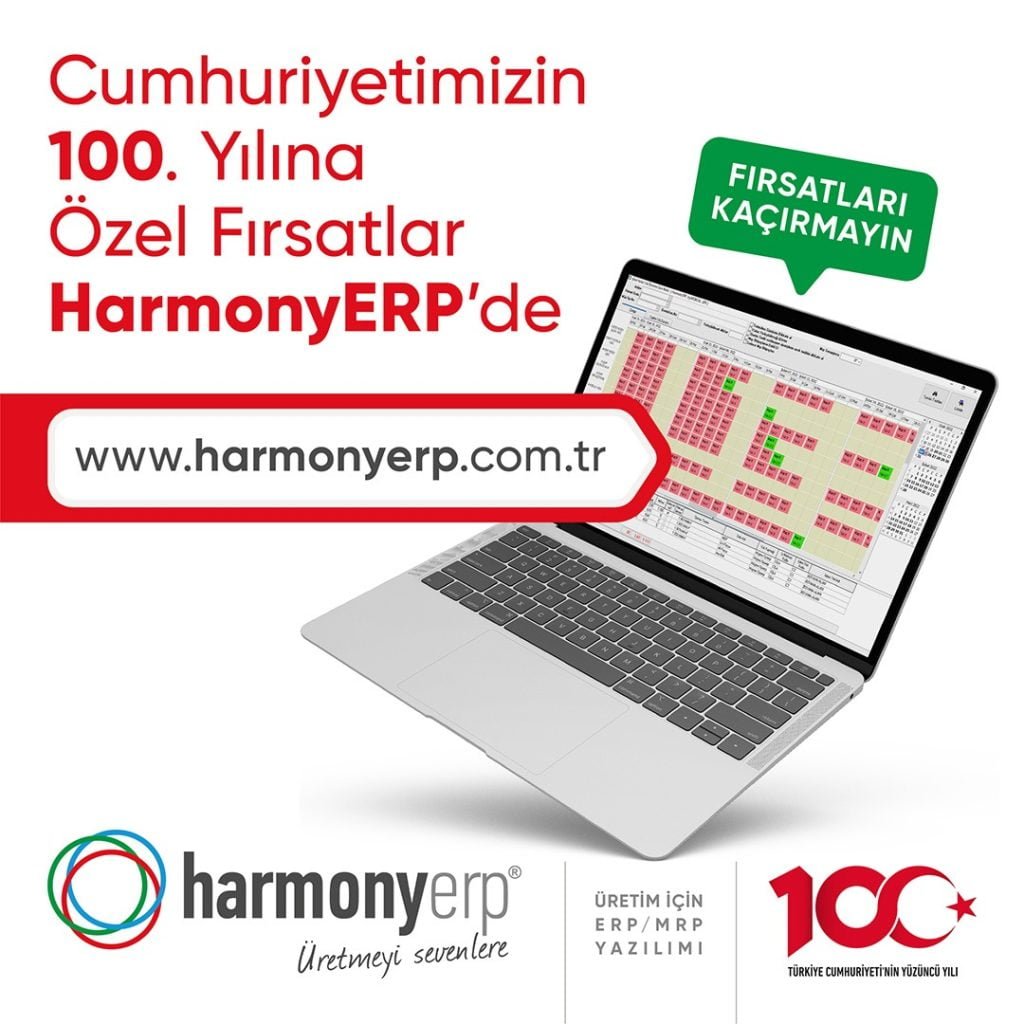Production Planning: The Foundation of Agile and Efficient Manufacturing

In today’s fast-paced production environments, efficient manufacturing is not just about machinery and labor—it’s about the precision and strategy behind every step. One of the most critical, yet often underestimated elements of a successful manufacturing operation is production planning. Without it, even the most advanced production lines can turn into sources of chaos, delay, and waste.
Let’s explore what production planning means, why it’s indispensable, and how modern businesses can leverage it for growth and efficiency.
What Is Production Planning?
Production planning is the process of systematically organizing the resources, schedules, materials, and workforce required to manufacture products on time and at the desired quality. It aligns business goals with production capabilities, ensuring that demand is met with minimal disruption, cost, or waste.
It involves key processes such as:
- Material Requirement Planning (MRP)
- Capacity Planning
- Production Scheduling
- Order Prioritization
- Bottleneck Analysis
When done effectively, production planning allows businesses to balance supply with demand, optimize workloads, and reduce idle time.
Why Is Production Planning Crucial?
Manufacturing without a plan is like navigating without a map. Production planning enables:
- Consistent On-Time Delivery: Aligns raw material supply, workforce, and machine availability with order deadlines.
- Inventory Optimization: Prevents overproduction and underproduction by aligning outputs with real-time demand.
- Cost Control: Minimizes waste, overcapacity, and last-minute procurement expenses.
- Adaptability: Allows for quick adjustments to disruptions, customer changes, or supply chain issues.
This level of control is especially important in industries such as automotive, textiles, electronics, and food processing where timing and precision are everything.
How ERP Systems Strengthen Production Planning
Integrating production planning with a centralized ERP platform provides a real-time, data-driven foundation for decision-making. With the right system, companies can:
- Forecast demand based on historical data and current trends
- Automatically generate production orders
- Visualize workloads across machines and shifts
- Track material flows and work-in-progress in real time
- Ensure traceability and quality compliance
This integrated approach connects production with procurement, sales, inventory, and finance—eliminating silos and ensuring all departments work from a single source of truth.
From Manual to Smart Manufacturing
Many small and medium-sized businesses still rely on spreadsheets or manual methods for production planning. While manageable in the early stages, these methods can quickly become unscalable.
Modern production planning tools offer:
- Interactive Gantt charts
- Drag-and-drop job scheduling
- Automatic alerts for delays or capacity overload
- Data visualization dashboards
- Seamless integration with production tracking systems
Transitioning to digital planning not only reduces errors but also empowers decision-makers with real-time insights and actionable data.
When Should You Rethink Your Planning Process?
If your team is frequently missing deadlines, struggling with excess inventory, or firefighting daily production issues, it may be time to re-evaluate your planning strategy. Likewise, if you’re expanding production capacity, entering new markets, or adopting just-in-time (JIT) methodologies, modern production planning tools become indispensable.







